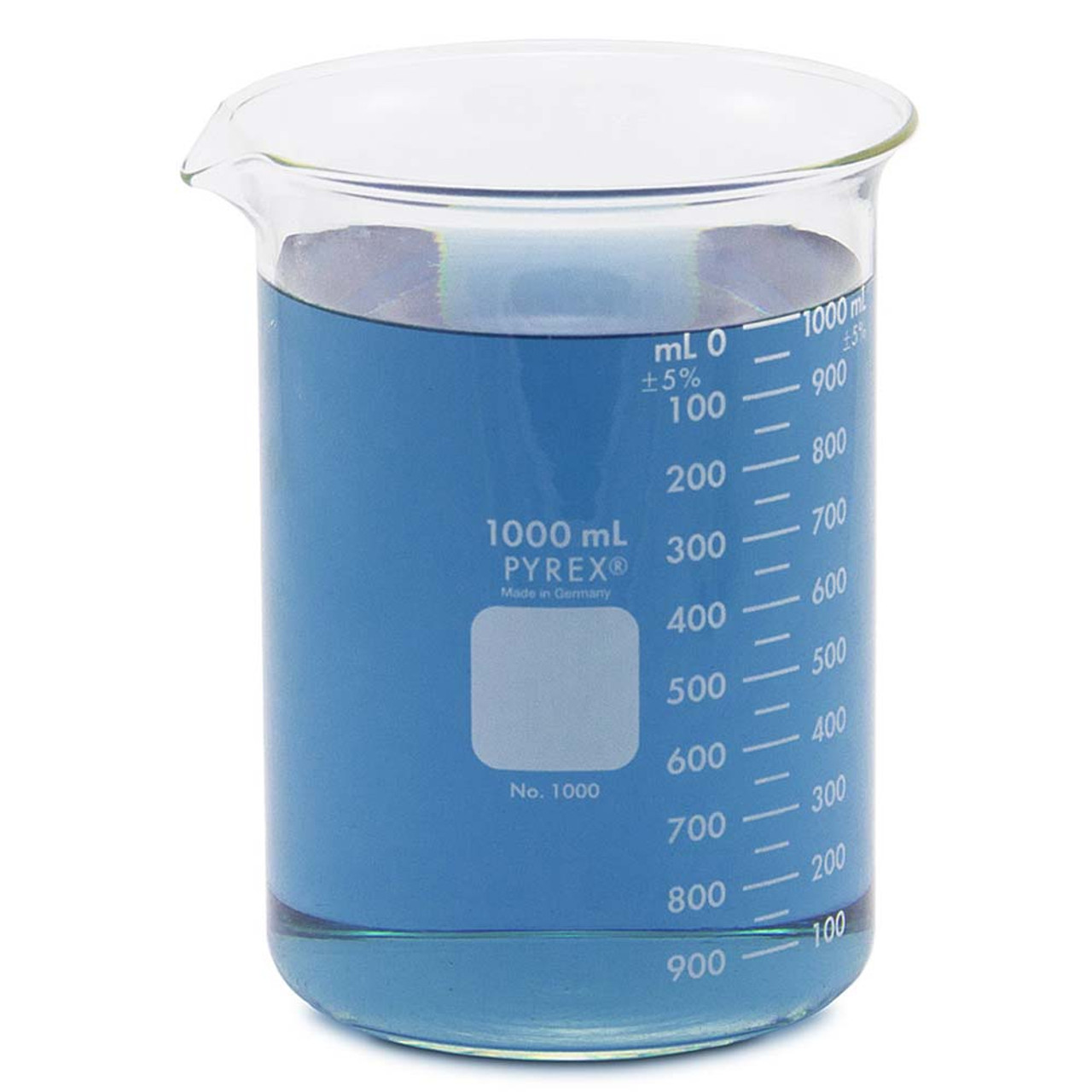
Beaker meaning delves into the fascinating world of scientific equipment, unveiling the significance of beakers in laboratories. These versatile vessels play a crucial role in countless experiments, serving as indispensable tools for scientific exploration.
From their historical origins to their diverse applications, beakers have evolved to meet the demands of modern science, making them a cornerstone of scientific research and discovery.
Beaker Meaning

In scientific and everyday contexts, a beaker refers to a cylindrical laboratory vessel with a flat bottom and a pouring lip. It is commonly used to hold, mix, or heat liquids.
The term “beaker” has its origins in the Middle English word “bekere,” which means a drinking cup or goblet. Over time, the term came to be associated with the laboratory vessel used for scientific experiments.
Types of Beakers, Beaker meaning
- Griffin beaker:A classic beaker with a wide rim and a spout for easy pouring.
- Berzelius beaker:A tall and narrow beaker with a rounded bottom, designed for precise measurements.
- Florence beaker:A beaker with a wide base and a flared rim, used for holding large volumes of liquid.
Materials and Manufacturing
Beakers are typically made of glass, which is resistant to heat and chemicals. Plastic beakers are also available, offering advantages such as lightweight and shatter resistance. Some beakers are made of metal, such as stainless steel, for applications requiring high durability.
The manufacturing process of beakers involves molding the raw material into the desired shape and heat treating it to strengthen the structure.
Functions and Applications
Beakers are used for various purposes in laboratories:
- Mixing and stirring liquids
- Measuring volumes of liquids
- Heating liquids using a hot plate or Bunsen burner
- Collecting and storing samples
Safety and Maintenance
When using beakers, it is important to observe safety precautions such as:
- Wearing gloves and safety glasses
- Handling hot beakers with care
- Using a beaker that is appropriate for the volume of liquid
Proper cleaning and maintenance of beakers ensure accuracy and longevity:
- Rinse beakers thoroughly with water after each use
- Use a brush and detergent to remove stubborn stains
- Dry beakers completely before storing them
Related Equipment
Beakers are commonly used in conjunction with other laboratory equipment, such as:
- Graduated cylinders:For precise measurement of liquid volumes
- Pipettes:For transferring small volumes of liquid
- Hot plates:For heating liquids
Final Conclusion

In conclusion, beaker meaning encompasses a rich history, diverse applications, and essential safety considerations. Their versatility and adaptability make them indispensable tools in the pursuit of scientific knowledge, enabling researchers to conduct experiments with precision and accuracy.
Commonly Asked Questions: Beaker Meaning
What is the primary function of a beaker?
Beakers are primarily used to hold, mix, and heat liquids in laboratory experiments.
What are the different types of beakers?
Beakers come in various shapes and sizes, including Griffin beakers, Berzelius beakers, and Erlenmeyer flasks.
What materials are beakers made of?
Beakers are typically made of glass, plastic, or metal, each with its own advantages and applications.





